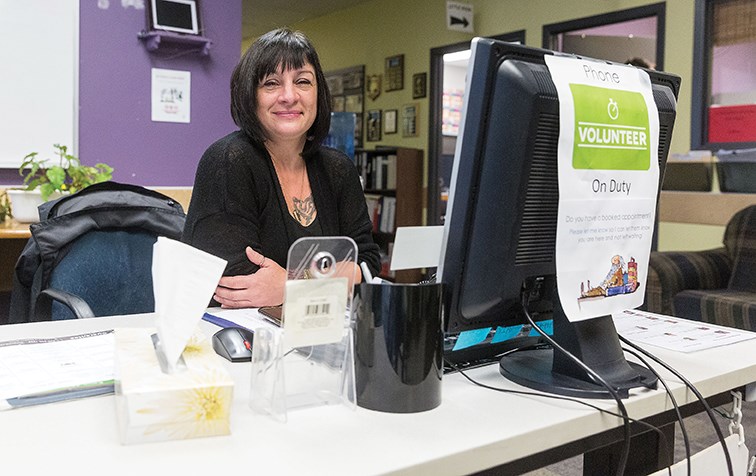Generally speaking, when people think about strokes, they envision a drooping mouth and a speech impediment.
Looking normal was one of Michelle Marquette's struggles after she had a major stroke nine years ago. Her MRI and CT scans showed she had a brain bleed, which is confirmation of brain injury. But not having a droopy face caused her a lot of problems.
"I went back to work three months after my stroke," Michelle recalls. "My doctor said I looked normal and that I was fine. Everybody told me I looked normal. So I believed them."
Michelle worked as a mental health therapist. Within a short period of time, Michelle realized she had returned to work too soon. To make matters even more complicated, her employer placed her in a management role. Her increased responsibilities and work stress were overwhelming.
Michelle didn't realize she had a brain injury because no one told her she did. She felt compelled to work because of family financial responsibilities and pressure from her medical team to resume a normal life. She didn't want to be in management, but because of her brain injury, she couldn't find the words to clearly state how she felt.
"I was dying a slow death." Michelle said. "I couldn't do my job properly but I didn't know why. So I learned how to fake it."
As time went on, putting on a mask every day became an impossible task. Michelle had poor short-term memory, huge anxiety, depression and found it difficult to speak because the words and sentences weren't coming together. Michelle's job included a lot of communicating in person, over the phone and public speaking. She didn't trust herself to the say the right things.
"Because I wasn't telling anyone what was really going on, I isolated myself," Michelle said. "And because nobody knew, I had no support."
Within three years, her whole life fell apart. Her relationship with her spouse ended, as well as her career and friendships.
"This may sound odd but I wished my mouth was drooping. If you look normal people don't believe you're struggling with all kinds of things. It's not just about how you look. People have no idea what is going on inside."
Michelle didn't know that the Brain Injured Group (BIG) existed until six years ago. By this point, she had spent over three years in the dark, not understanding why she was the way she was. Having a case manager, attending information classes and groups at BIG provided her information about brain injury that no one told her about before.
"BIG saved my life." said Michelle. "They believed me and supported me in so many ways. People know very little about strokes. Not having support and understanding is so hard when your life is crumbling around you and you don't know how to fix it."
Michelle says she doesn't have the capacity to return to the work she did before. Her future is uncertain in terms of employment and building relationships again. In the meantime, doing volunteer work at BIG provides her with a sense of purpose and accomplishment.
Having knowledge about the affects of brain injury is key to healing and recovery. Because she has this knowledge now, Michelle says she has hope that something meaningful is coming around the corner for her.



